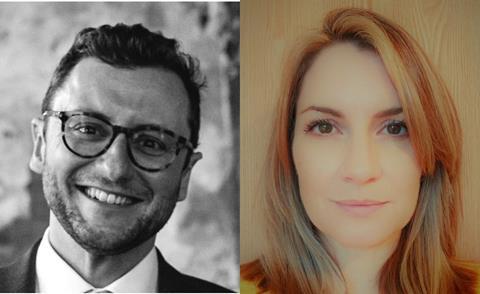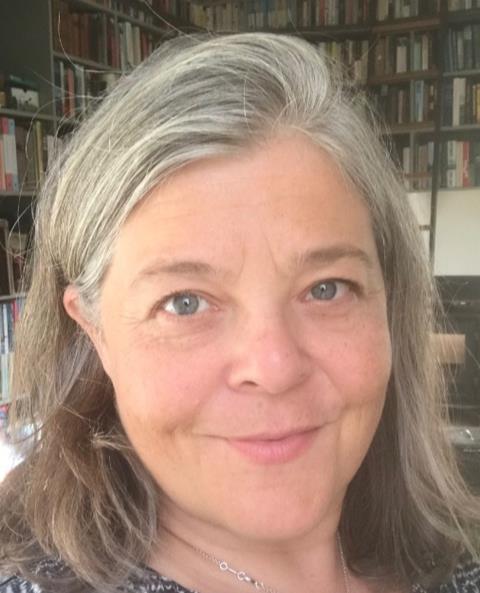Challenges to fill deficits quickly continue to stymie factual series production, according to execs at Sunny Side of the Doc
Factual distributors are still being called upon to fill hefty budget deficits, as ongoing funding delays and slow decision-making threatens to “kill projects and opportunities”.
That was the view of execs here at Sunny Side of the Doc in La Rochelle, where the theme of partnerships and coproduction has been a constant topic.

“It’s a massive consideration,” said Nat Geo’s Ben Noot when asked by Bossanova chief exec Paul Heaney about the challenges he faces when committing to projects.
Noot, director of global acquisitions for Disney’s Nat Geo Channel Europe & UK, is looking for around 600 hours annually and admitted he is often the first to “jump into the pool” because of the pan-regional rights required.
But he said the danger of putting money against a show only to find the remainder of the budget cannot be found is a major problem that requires increasingly collaborative models.
“Once we commit money, and we’re often committing 50-60% of a show’s budget at the upper end, it is the waiting around for that final funding [round] that can really kill deals and opportunities.
“We need to work together collaboratively to push things on and say let’s not wait for a co-production partner. Instead, can we get a distributor in, just to get the show moving and into production.”
Channel 4’s senior acquisitions manager Rachel Bailey, offered a similar assessment.
MORE NEWS
All3 plots US unscripted expansion with Studio Lambert
Bailey, who picks up around 1,000 hours annually ranging from factual specials to series such as Married At First Sight Australia, said her UK focus made international collaborations easier.
“We all want to create great content and we all know that is getting increasingly hard to do, so we are very much seeking out partnerships where we work with distributors and producers.
“And we’re talking to colleagues around the world who have channels with similar values to ours. We’re really close with SBS in Australia, or PBS in the US, because they’re similar to us.
“We will come in at treatment stage but it’s important for us to know who else is being spoken to, to have a finance plan to know who is putting in what, and then editorially we are involved from the early stages.

“We will also work with suppliers on treatment stage to get that approved and maybe have multiple iterations of a treatment before we’re happy to move forward, but we know it has to work internationally and for diverse countries around the world.”
Jo Lapping, head of factual acquisitions at the BBC, is currently looking for history and science, but added that non-English language shows had also been working, providing another opportunity for some producers.
Noot added that the models of most shows had transformed over recent years, with budget squeezes across almost all genres.
“If you look at some of the finance plans we have there are 10-12 broadcasters, as well as us, on there. Five years ago, there were maybe two or three.”
However, all three execs said they are in Sunny Side actively looking to acquire, with budget available.
“It is important to say - we are buying, we have budget and we are looking ahead to 2027 and beyond right now,” added Noot. “We are actively in the market and doing hundreds of hours each year, and we can discuss fees.”








No comments yet